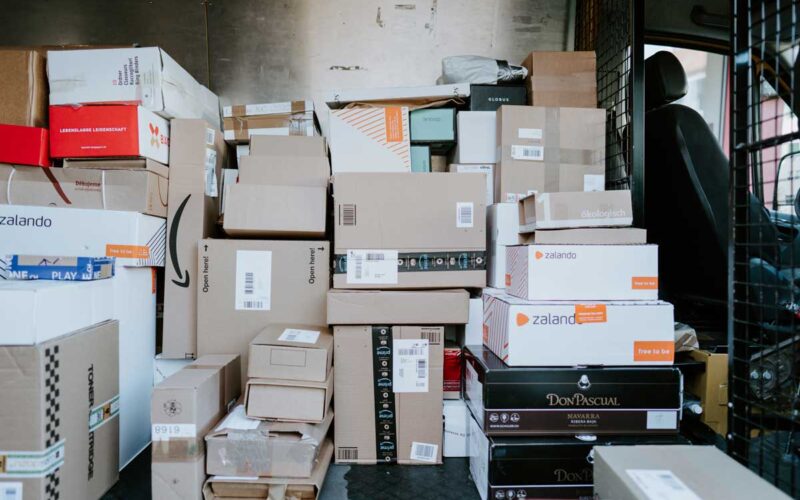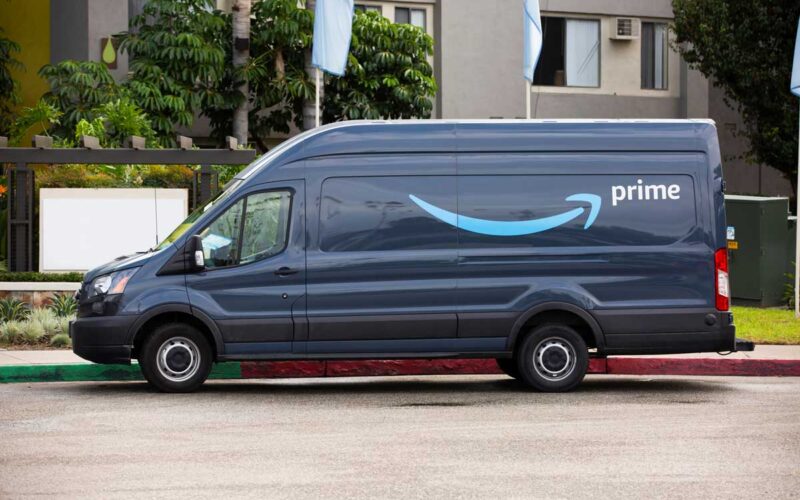Report: For Good Jobs & Clean Air
How a just transition to zero emission vehicles can transform warehousing
In the era of same-day delivery, it is easy to forget that most of the objects we use every day are made of materials extracted and assembled overseas, shipped to a US coastal port, hauled by a trucker to a distribution center, and transported to a warehouse. Inside the warehouse, it will pass through the hands of many packers, pickers, and delivery drivers to find its way to either a store shelf or your front door. The shipping containers, port vehicles, drayage, and long-haul trucks that move our goods run on fossil fuels, like diesel, that pump our air full of fumes that are toxic to public health and the environment. Fossil fuels that power our supply chain are the driving force of the climate crisis, filling the atmosphere with greenhouse gasses, disrupting natural systems, exposing people to sickness and leading them to premature death.
In this report, we zoom in on Will County, Illinois, home to North America’s largest inland port, CenterPoint Logistics Park. CenterPoint makes Will County one of the most important logistics hubs in the country, drawing some of the richest companies in the world to the region to set up their warehouse, distribution, and fulfillment centers. Those companies are the culprit of heavy emissions, causing some of the worst air pollution in Cook, Kendall, Kane, DuPage, DeKalb, Lake, McHenry, Kankakee, Grundy, and Will County. The data in this report was collected by Warehouse Workers for Justice (WWJ) organizers, leaders, and volunteers in Joliet and Elwood, Will County, to highlight the toxic impacts the local industry has on workers and residents.
Throughout this report, we share stories of truck drivers, warehouse workers, and those who call Will County home who recount their lived experiences with poor air quality and bad jobs in the warehouses. We find that the same opaque business models which allow the richest corporations in the world to treat their workers like they are expendable are the same structures that allow billionaire companies to skirt environmental regulations. Angela Ortiz, former Amazon worker and current leader with WWJ, describes how labor and environmental abuses are tied in Joliet, Illinois: “In exchange for jobs, low-paying jobs at that, our land, air, and water are polluted.” We show how working-class, immigrant, and Black and Brown communities experience both labor and environmental issues because of their relationship with the warehouse industry. In people’s lived experiences, environmental and labor justice issues caused by the warehouse and distribution industries are inextricably linked and must be addressed as one.




